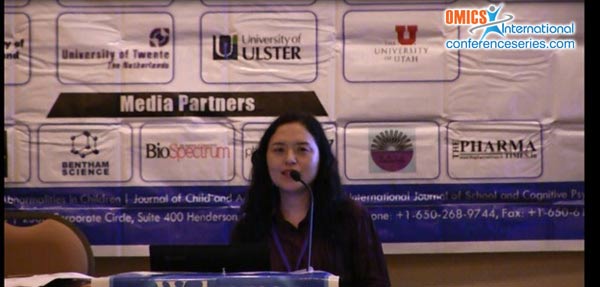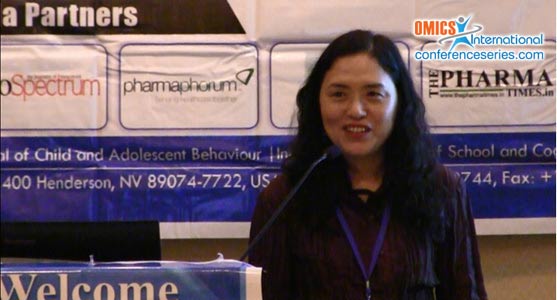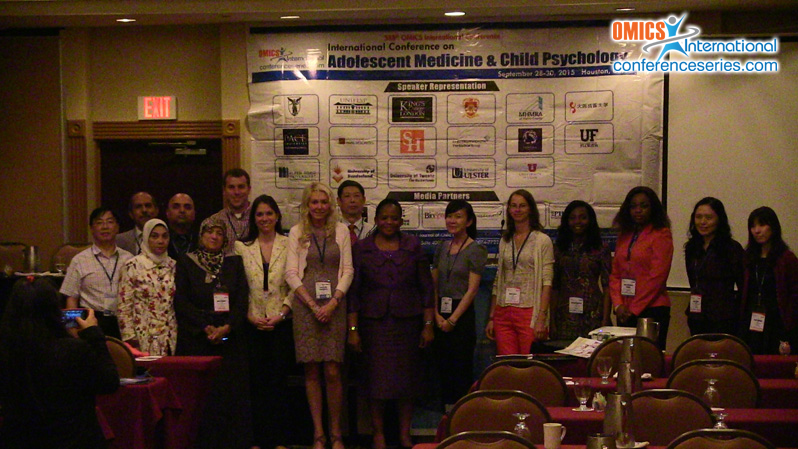
Vicky Tsang
Hong Kong Insitute of Education, People\'s Republic of China
Title: Using the video-based social information processing schedule to identify differences in empathic functioning between children with ASD and or ADHD
Biography
Biography: Vicky Tsang
Abstract
This article reports on the construction, reliability and structural validity of the newly developed video-based Social Information Processing Interview Schedule (SIPIS). Scale construction was based on the theory of social information processing and prior exploratory research on empathic functioning. The psychometric properties of the SIPIS were investigated using Rasch analysis. Latent subtype analysis was performed on the SIPIS and the Social Responsiveness Scale-Second Edition (SRS-2) data for 60 children (8 through 12 years of age). Subtypes were compared for encoding of social information/motor empathy, emotion identification/affective empathy and social reasoning/cognitive empathy. Findings from Rasch analyses indicate that the SIPIS is highly reliable and structurally valid to differentiate item difficulty and performance of empathic functioning across different groups of primary students. Latent subtype analysis revealed four group differences: One group without behavioral problems, one with only Attention Deficit/Hyperactivity Disorder (ADHD) behavior, one with only Autism Spectrum Disorder (ASD) behavior and one with comorbid symptoms of ASD and ADHD. Although children with ASD and ADHD share common social interaction deficits, there is a specific difference in the quality of their empathic functioning with more cognitive-based deficits in the ASD group and more attention and emotional regulatory attributes in the ADHD group. Therefore, the different subtypes of children with ASD and or ADHD will most likely benefit from clinical approaches targeting different behaviors.
Speaker Presentations
Speaker PPTs Click Here



